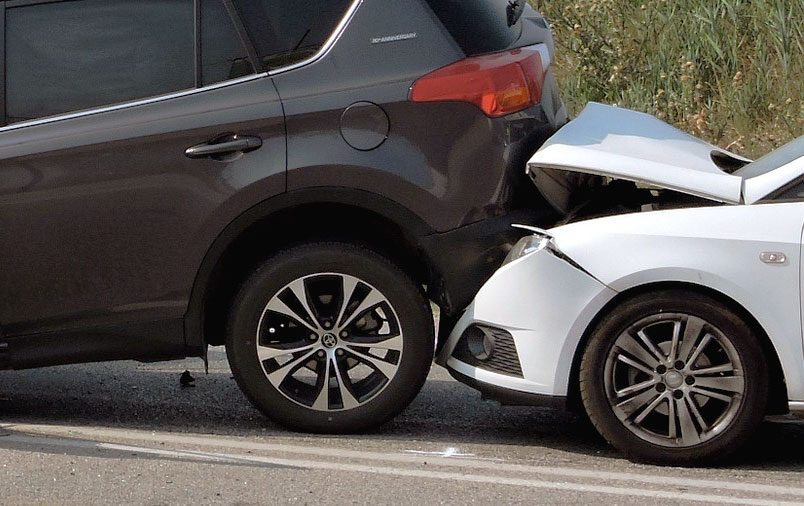What Should I Do in the Event of a Fender Bender?

Knowing what to do after a fender bender is important. Although initially it may appear that no one has been hurt and there is minimal damage to the vehicles, there is always the chance the vehicle damage or bodily injury could be more serious than it initially appears. So handling this type of accident correctly could help in the event you need to file a claim.
Remember to take the following steps after your accident.
Move the Vehicles to Safety
If in traffic, move to the side of the road. In fact, the state of Indiana has signs on display that indicate if someone is involved in a fender bender, they should move their vehicles to the shoulder. Also, when talking with the other driver, stay out of the way of passing cars.
Check for Injuries
Ask if anyone has been injured. Don’t assume that just because there’s a little damage to the bumper no one is hurt. Even a minor rear-end end accident can result in whiplash. So it’s best to check if someone requires medical attention.
Contact the Police
It may appear that any damage to the vehicle is very minor. But the full extent of damage may not be readily apparent and if the costs end up being more than thought or it turns out there are injuries, not having a police report could impact a potential claim.
It’s also important to file a report because Indiana is a fault-based state. This means that responsibility to pay for property damage (or medical bills if there turns out to be injuries) lies with the person who caused the accident, which a police report may help prove.
Exchange Contact Information
According to Indiana law, it is the duty of a driver involved in an accident where there is damage to a vehicle (but no injury or death) to exchange contact information with the other person. This should include name, address and vehicle registration number. Proof of insurance and a driver’s license must also be shown.
Contact Your Insurance Company
Many insurers require that policyholders report any type of accident. Even if another driver was at fault, you should at least notify your insurer of the collision.
Of course, if someone else was at fault and there is significant damage, it’s important to contact that person’s insurance company. His/her liability coverage should pay for repairs. It helps to get estimates first, so you better understand what repairs are likely going to cost.
Consult an Attorney if Complications Arise
There can be complications along the way. For instance, if the damage is extensive and at-fault driver’s insurance company doesn’t want to pay, it may try to avoid responsibility by placing fault on you. Complications may also arise if an injury not readily apparent later presents and causes medical expenses.
There could also be circumstances in which the other driver isn’t insured. You would then file a claim with your own insurer under uninsured motorist coverage provided you did not reject this coverage when you purchased your insurance policy.
If you require legal assistance, call (317) 472-3333 to speak with a lawyer at the Hensley Legal Group.